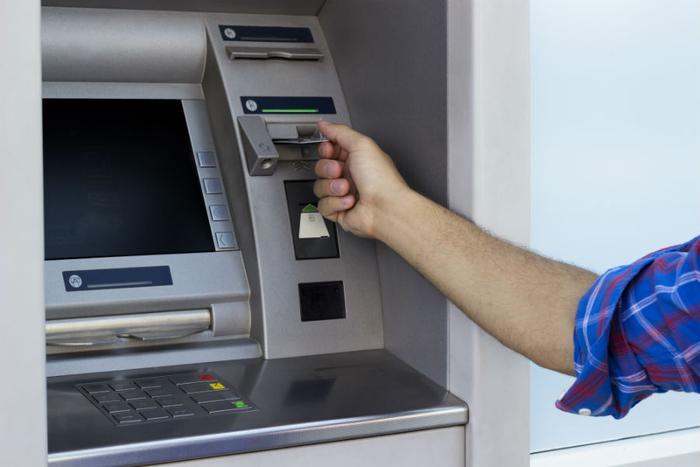Using your credit card at public terminals is getting even more …
 Photo (c) Sanjagrujic – Getty ImagesMugging is so yesterday. Thieves are asking themselves why go to all that trouble of snatching someone’s purse or wallet and risking bodily harm when all they need to do is to steal all the juicy data they can get from someone’s credit card electronically.
Photo (c) Sanjagrujic – Getty ImagesMugging is so yesterday. Thieves are asking themselves why go to all that trouble of snatching someone’s purse or wallet and risking bodily harm when all they need to do is to steal all the juicy data they can get from someone’s credit card electronically.
A new report from financial tech company Credello says that credit card skimming is one of the five most pressing credit-related scams in 2023. All it involves is inserting your card or swiping it at inauthentic payment points such as ATM machines where consumers aren’t likely to detect them.
But what if you ask “What about the chip in my credit card – doesn’t it protect me?” The answer is this: swiper snipers aren’t looking for data on the chip.
Instead, they’re looking for the data on the magnetic strip on the back of the card.
Where to skip the swipe
What places pose the biggest dangers for credit card swiping? Well, non-bank ATMs (like you might see at a convenience store) are one. LaToya Irby at TheBalanceMoney counts mobile vendors, gas stations, self-checkout lines, and restaurants in her Top 5, too.
ConsumerAffairs set out to find how the worst of these problem areas work and here’s what we found.
Gas stations: “Gas stations are a haven for credit card thieves, as the pumps see a lot of customers and often receive minimal supervision. As a result, thieves have ample opportunity to install skimmers and sometimes tiny cameras that capture PIN numbers,” Scott M. Irby at GoBankingRates said.
Believe it or not, gas station skimming is so off the hook that the Secret Service – yes, the ones that protect the POTUS – has gotten involved. Less than a year ago, the bureau sent a number of Miami residents to the pen for laundering thousands of gift cards that were obtained using fraudulent debit and credit cards encoded with information stolen using gas station skimming devices.
Mobile vendors: Do you buy food at food trucks or go to art shows or music festivals?
There are skimmers there, too. The problem is that you’re in such a hurry to get your taco, buy your cool-looking handcrafted vase, or that beer you want to toast your favorite band with that you’re not really paying attention to the transaction or taking the time to case out the vendor to determine how legit they are.
Restaurants: Credit card swiping at restaurants happens more than you might think. “Restaurants and bars are two of the toughest kinds of businesses for consumers to protect their credit card data, purely because of how they operate,” Phaedra Cook with the HoustonPress said.
“In those situations, it is common for the server to take the credit card to the card swipe. It’s almost always located somewhere else — often out of sight of the patron,” and that is the worst scenario for potential swiping.
The potential goes up exponentially when people are in a group and hand over their credit cards or one person gives theirs to start a tab.
Protecting yourself
John Brewer with the Harris County District Attorney’s office suggests that when you visit a restaurant, make sure your card stays in sight, and never let anyone leave your presence with the card if you can help it.
“Skimming occurs most at restaurants since the waiter has to walk away with your card,” Brewer says. “If you are in a retail store and they say they have to go to another counter to run the card, follow them.” And if you really want to be safe, use cash. There’s no way that can be skimmed. Besides, the merchant will thank you since they won’t have to pay hefty swipe fees to the credit card company.
Irby added that another smart move is to take a look at the credit card readers the business is using. “If you’re at a location where other, identical credit card readers are nearby, glance at the other readers to see if they look the same as the one you’re using,” he said. “If there’s a noticeable difference between the readers on two otherwise identical ATMs or fuel pumps, one could have a skimmer attached.
Find somewhere else to use your card.”





